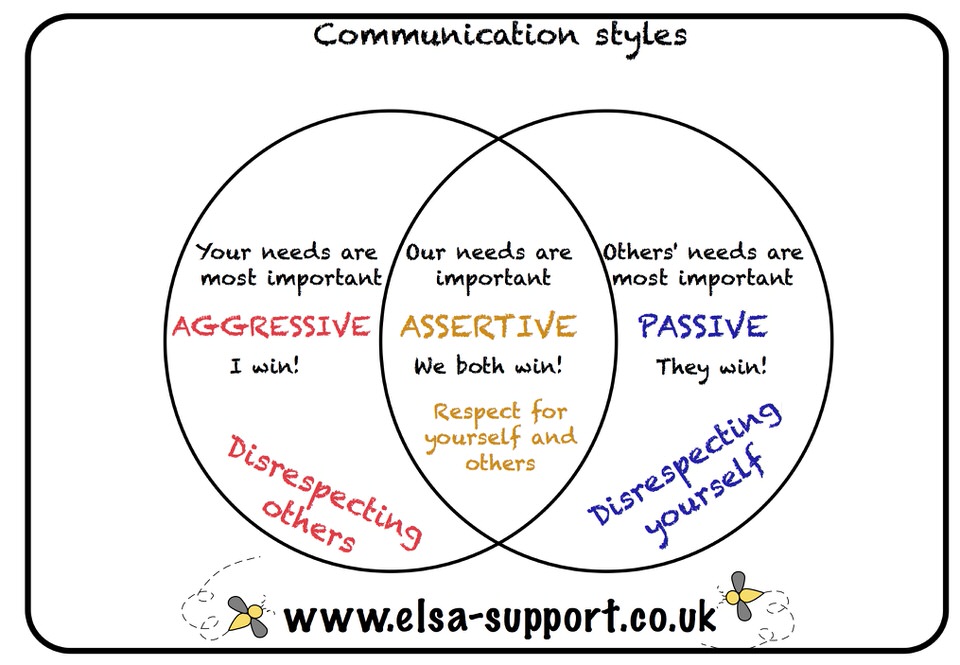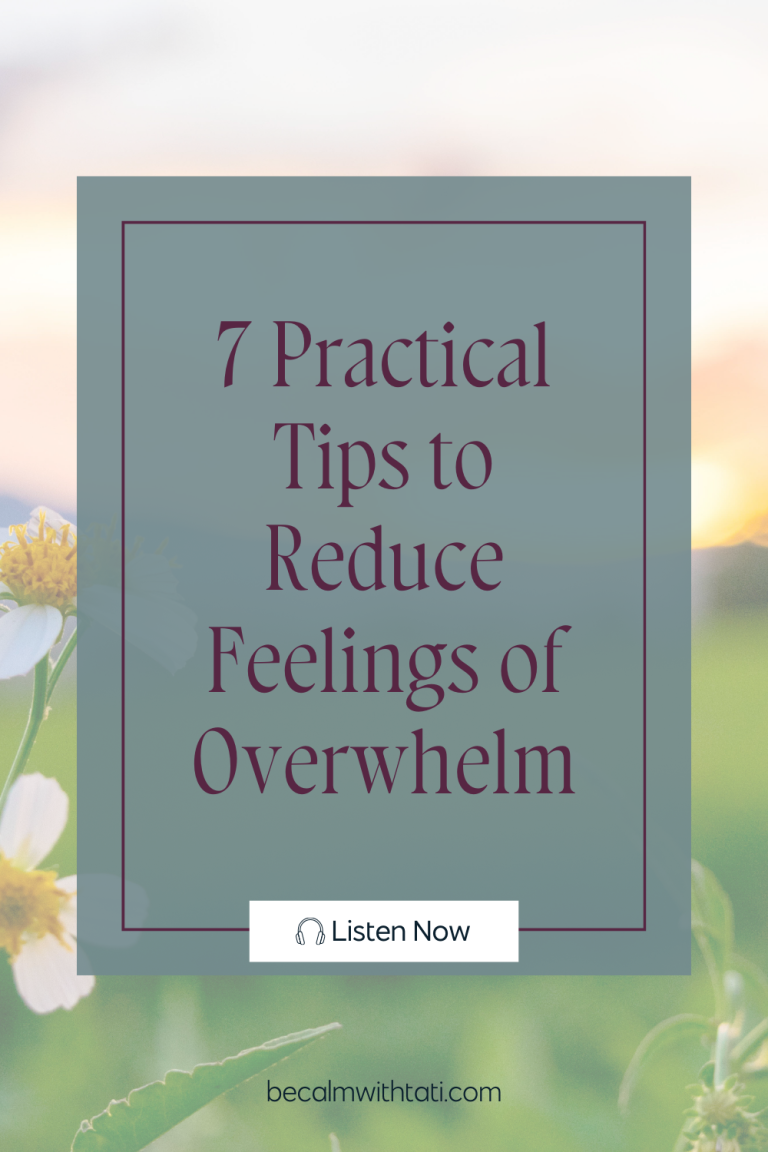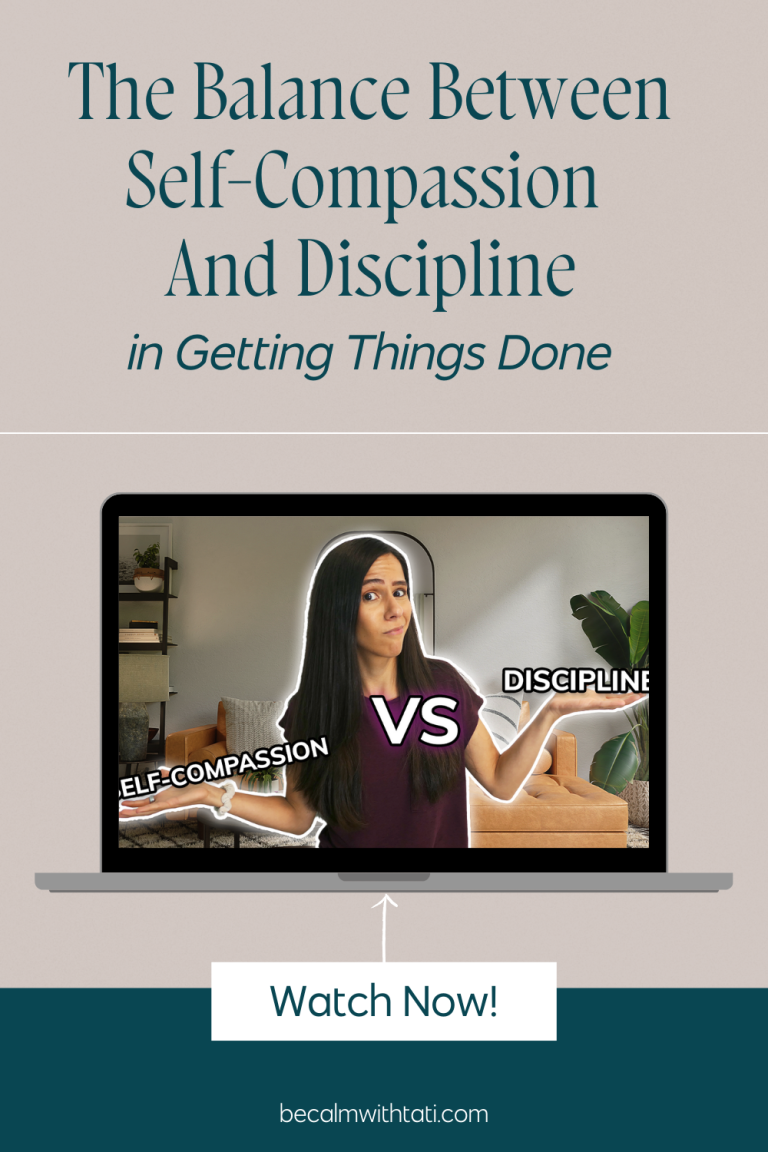5 Steps To Present Your Case And Be The Most Persuasive
There comes a time when you are going to be faced with the dilemma of being unhappy with the way things currently are, or you are going to have to muster up the courage to have a difficult conversation with somebody.
If you approach the conversation the wrong way, or say the wrong things- you may end up even more frustrated than when you started. That’s why it is so important to use effective communication skills, especially when you are having a difficult conversation.
The same skills can be used for any scenario- whether it is professional or personal. The fact of the matter is that sometimes you can be frustrated by another person’s behavior, you aren’t happy with how things are going, or you want to make a change. These are all situations that can cause anxiety, stress, and frustration. If you don’t talk things over with your significant other, your boss, your parent, friend, etcetera, things may never change.

1. Build Up Your Courage
The first step to having a difficult conversation is building up your courage regarding having the conversation. Often what stops most people is the fact that they don’t want to bother the other person, or they insist on avoiding conflict.
You have to decide what is more important to you – staying stuck or at least getting your point across so that a decision can be made. If you are okay with continuing to live with the way things are, then keep going. But, if you are feeling frustrated or unhappy then those emotions may start to build up to frustration and resentment if you don’t do something about it.
I would imagine you are here because you are fed up with how things are. Think about the worst-case scenario if you speak your mind, will things really be that bad? And will you be able to cope with the aftermath? I am going to make a guess that you can survive somebody feeling upset or mad at you- you have probably done it many times before!
Practice some positive self-talk by reinforcing why it is important for you to advocate for yourself. Most of the time, nobody else will advocate for your needs so it is up to you to speak up!
2. Choose The Right Time And Place
Maybe the best time isn’t when your supervisor is overwhelmed with a deadline, or when your husband just got home after a long day at work. Choose a time when the other person is more calm and able to focus on what you are saying. If they are distracted with stress, feeling tired, or anything else, it will be difficult for them to give you their full attention.
Additionally, having the conversation in a place where you can be undisturbed is important. Maybe having the conversation in the lunchroom at work where other coworkers are filing in and out isn’t the best choice. Use your common sense and choose a location that is quiet and confidential.

3. Start Off With Kindness And Demonstrate The Benefits To The Other Person
Begin the conversation by being supportive of the other person’s opinion and intention. Regardless of the topic of conversation, the other person will be more receptive to listen if they feel understood and validated.
If your approach is to tell the other person what they are doing wrong, it doesn’t matter who they are, they will become defensive and the conversation will stop from there. The minute somebody gets defensive they stop listening, so make all efforts to not come at the person with accusations.
People will also listen more closely when their interests are being communicated. This is why it is beneficial to demonstrate how your opinion can be beneficial to the other person. Think about what they want, and how you can help them get there. When you present your opinion via the means of working as a team, as opposed to working against each other, things are more likely to work out.
Examples:
Professional: I know you want our team to be successful at what we do.
Personal: I truly appreciate the things you do to help me at home with the chores, and I know it is important for you to have a clean apartment.
4. Use “I” Statements To State Your Opinion
People cannot argue with your opinions and feelings, as much as they might try. When you state your case by saying how you feel, people are more likely to listen and not be on the defensive.
An “I” statement is a phrase in which you state how you feel about a situation or another person’s behavior. The key is to state your opinion first, followed by what is influencing this emotion or opinion. Remember not to blame the other person, but to state your emotion as a by-product of a specific behavior or situation.
Examples:
Professional: I know you want our team to be successful at what we do. It is important for me to feel supported as an employee at work to help our team be successful. I sometimes feel disappointed when I don’t receive positive feedback after I accomplish a goal I worked hard on.
Personal: I truly appreciate the things you do to help me at home with the chores, and I know it is important to you to have a clean apartment. I sometimes get frustrated when the dishes aren’t done because it interferes with me cooking dinner for the both of us.
5. Communicate Assertively
At the end of the day, you cannot protect the other person from feeling bad. It is important to get your point across while keeping the other person’s needs in mind, but not sacrificing what you want in the process.
Assertive communication is a middle ground between not communicating your needs and letting people walk all over you, and aggressively communicating your needs without ever thinking about the other person.
Aim for this middle ground where you feel as though you are communicating your needs, but you are also listening to the other person. The most important part of any conversation is listening. You can demonstrate you are listening to the other person by reflecting back what they are saying, making eye contact, and demonstrating compassion.

Write A Letter If You Struggle With Confrontation
If this seems like a lot to remember and you are getting anxious just thinking about any type of confrontation, write a letter! There is no shame in preparing what you want to say, especially before a difficult conversation. Sometimes when emotions, fear, and anxiety get in the way it can be difficult to communicate effectively. This is when writing a letter can come in hand.
So take these tips, write down what you want to say, and then read it to the other individual- preferably in person. Let them know that you want to be able to communicate yourself without getting emotional and you want to be sure you are clear in what you want to say.
Another benefit of writing a letter is that in the middle of a conversation, it can be easy to want to back down or change your opinion if the other person is not reacting favorably to what you want to say. A letter can help you stick to advocating for your needs, while not allowing the other person’s reactions to make you fearful and avoidant.
You Can Do It
Nobody likes having difficult, potentially emotional conversations, but sometimes they can be necessary to make change and improve the condition of relationships or situations. I know you can build the skills to have these types of conversations. Like any skill, it can take practice.
I highly suggest reading the book Crucial Conversations to learn more in-depth conversation skills to help you with any high-stakes difficult conversation.















